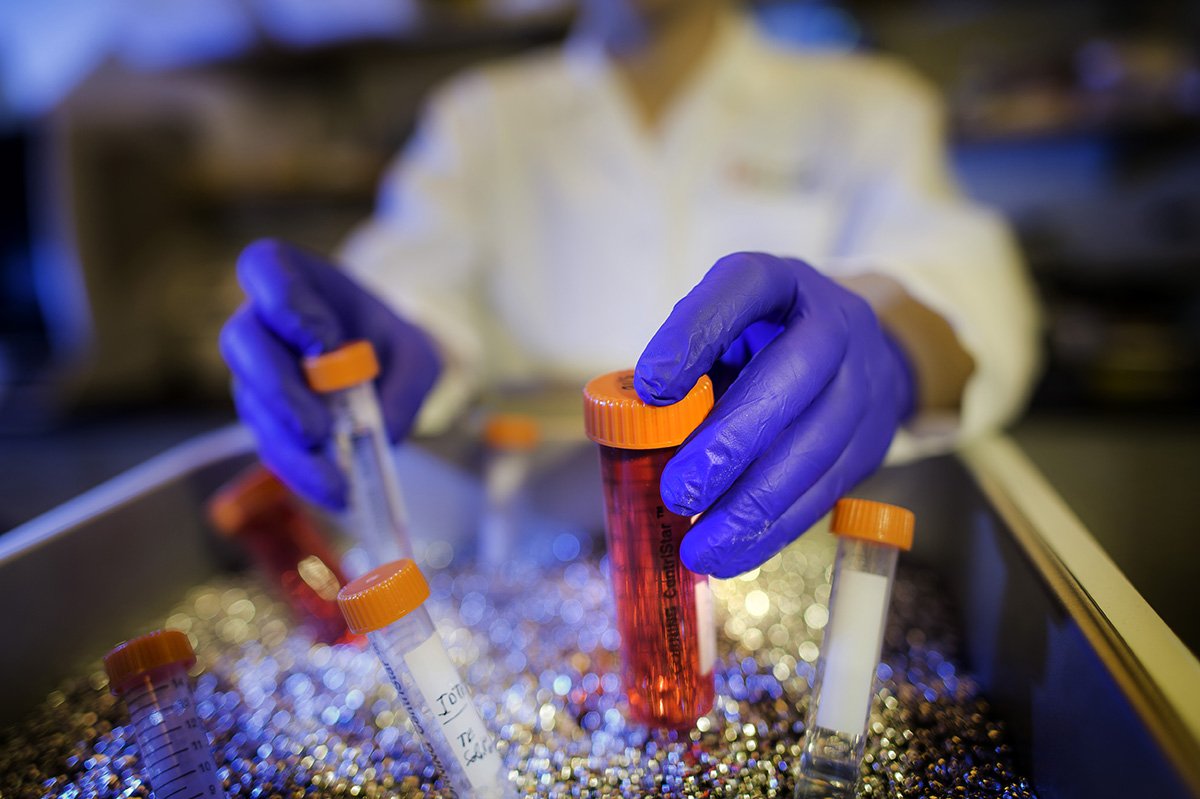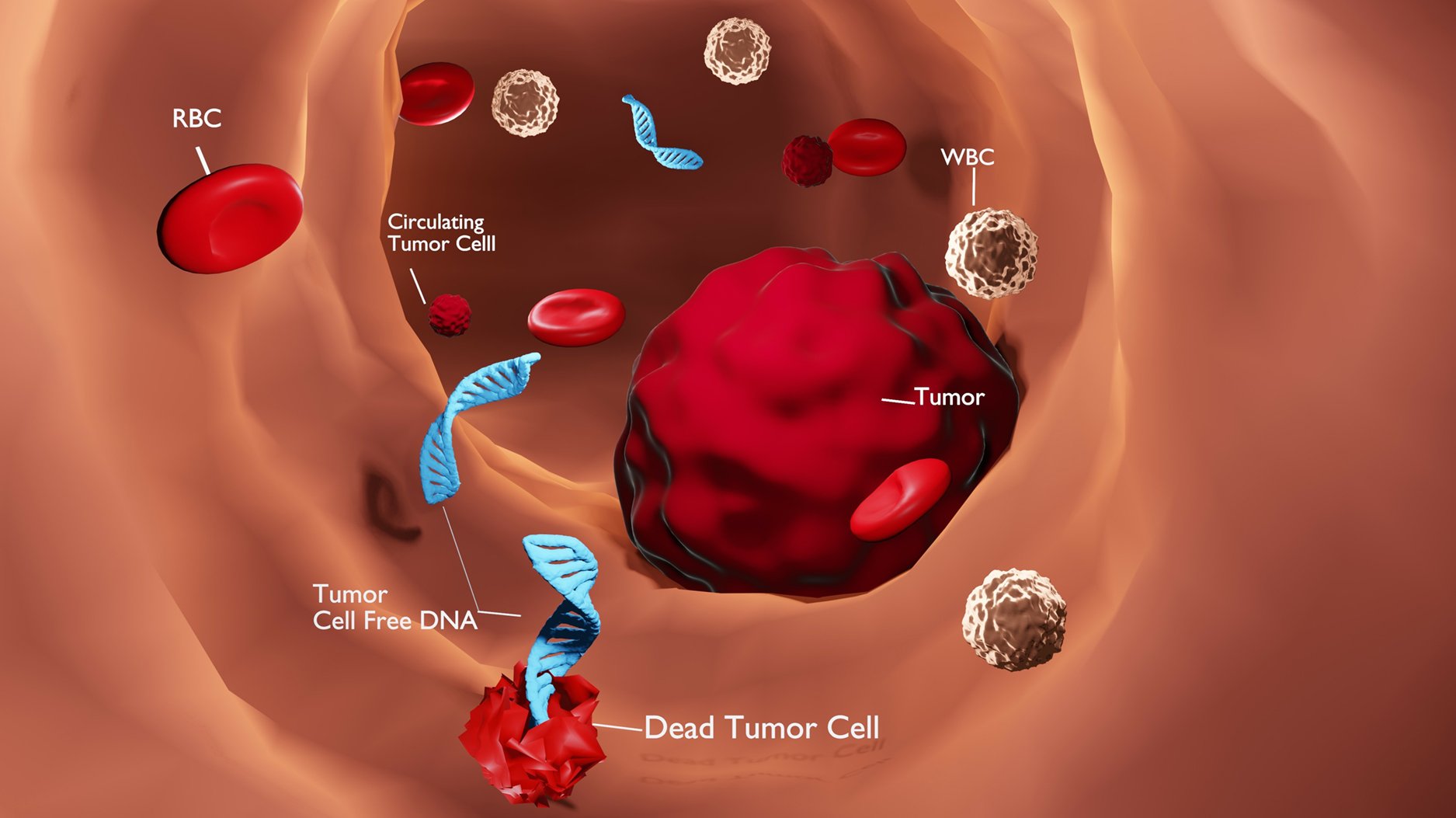
Harnessing novel genomic and proteomic approaches to improve outcomes in pediatric solid tumors
Research in the Crompton Lab focuses on utilizing genomic and proteomic technologies to develop non-invasive prognostic biomarkers, novel therapeutic approaches, and a deeper understanding of tumor evolution and treatment resistance in pediatric solid malignancies. Our lab has developed new approaches for detecting and profiling circulating tumor DNA (ctDNA) from “liquid biopsy” samples in pediatric cancers. In parallel, we are developing strategies for identification, quantification, and interrogation of circulating tumor cells (CTCs) which provide information on transcriptional and proteomic processes in cancer cells, complementing the data generating from ctDNA studies. We are also working to discover novel combinations of targeted cancer therapies for the treatment of Ewing sarcoma, an aggressive bone malignancy of adolescents and young adults, using high-throughput chemical screens.
Stories from the Crompton Lab
-

Hope in the shadow of Li-Fraumeni syndrome
Darcey has Li-Fraumeni syndrome, a genetic condition that increases her risk of developing multiple types of cancer. Learn how institutions from around the country are joining forces to find a way to detect cancer early in patients with LFS.
-

Chemical screening suggests a two-pronged treatment for pediatric Ewing sarcoma
For children with Ewing sarcoma, an aggressive bone cancer, a combination of two different classes of drugs may work synergistically to turn off the drivers fueling this disease.
-

Bringing ‘liquid biopsies’ to pediatric solid tumors
The Crompton Lab is working to bring ctDNA liquid biopsies to pediatric solid tumors. The hope is these blood tests will improve early detection, choice of treatment and monitoring of young patients with these diseases without sampling the tumor.
-

What Is ctDNA and Do I Need Mine Tested?
Like a mill crumbling into a river, solid tumors constantly shed bits of themselves — including their DNA — into the bloodstream. This free-floating genetic material, known as circulating tumor DNA, or ctDNA, contains a trove of information about the tumor.
-

Liquid Biopsy: Bringing Us a Step Closer to Transforming Future Cancer Treatments
Over the past decade, invasive techniques for monitoring and diagnosing cancers have been replaced with non-invasive techniques. One example is an emerging concept known as liquid biopsy which is helping to revolutionize the field of oncology. It offers particular benefit in caring for patients with hard-to-treat cancers, including brain tumors and sarcomas.
